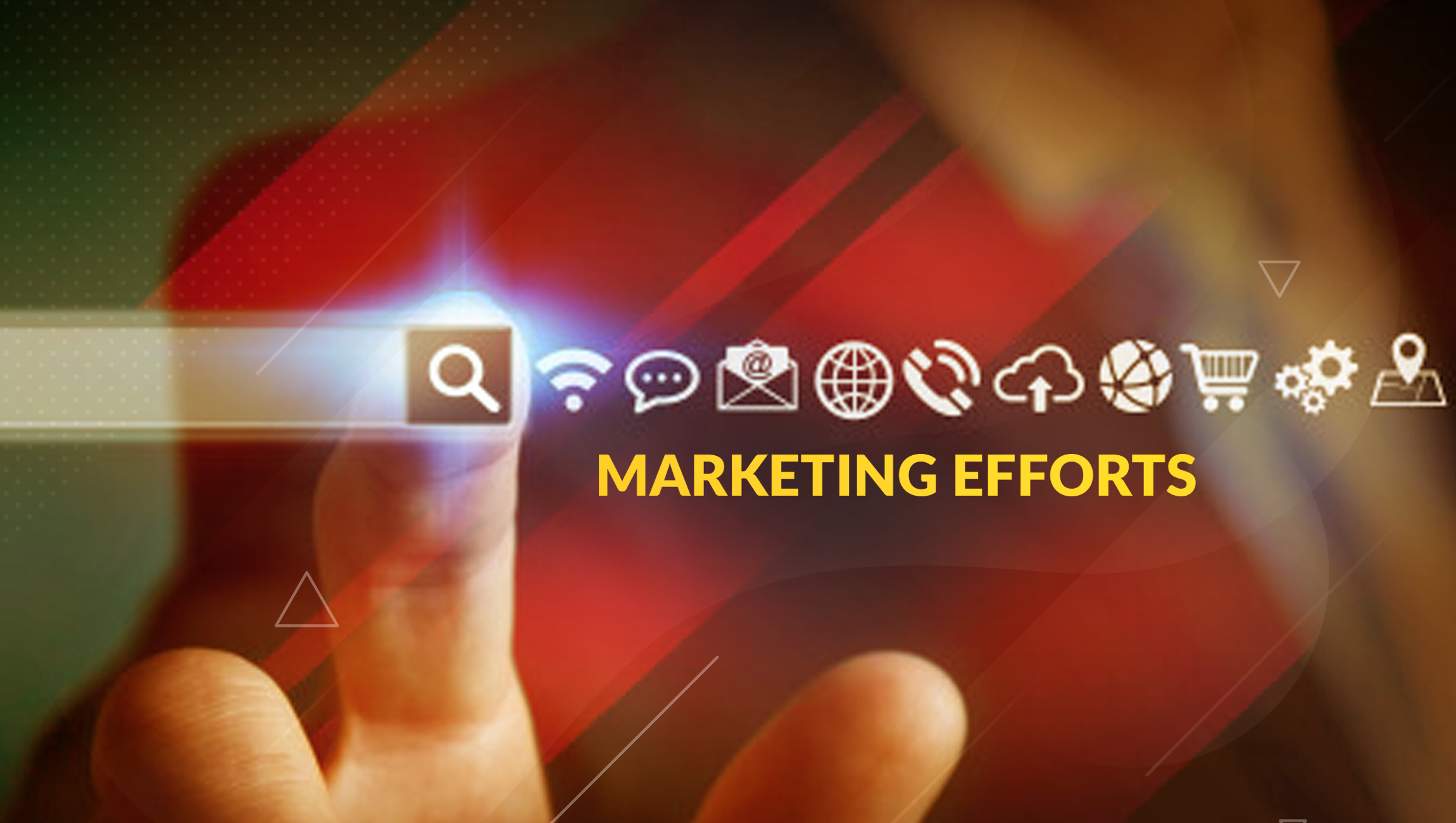How do you define BrandTech?
The idea of “MarTech” is well-entrenched and widely used, and “BrandTech” builds on the MarTech notion of the application of Technology to Marketing, but BrandTech is deeper, more holistic, and more far-reaching than MarTech. BrandTech doesn’t merely harness technology; BrandTech puts technology at the very core of the Marketing function. BrandTech makes the creation and management of Marketing campaigns more agile, more automated, and more intelligent. Perhaps most important, this new discipline will transform Marketing from a hard-to-measure way of building awareness into a metrics-driven way to generate Sales growth, deliver ROI, and create new businesses and business models.
To what extent have digital technologies evolved to make an impact on Marketing and Advertising? For example, Marketing has morphed into MarTech and Advertising into AdTech.
Today, every enterprise has embraced digital, but digital technologies alone don’t make your company or your brand digital. Consumers and end-users expect a high level of digital when they interact and transact with a brand today – but for the most part, this level of digital is mere table stakes. It’s not differentiating. Instead, the savviest companies are using digital to create and enable interactions that are friction-free, instantaneously responsive, and highly purposeful. They are using digital to deliver content that is thoughtful, curated, and personalized – personalized to the point of being bespoke and artisanal.
When you achieve this level of Digitalization, the fact of being digital essentially disappears. You can become more human – demonstrate more creativity, more ingenuity, and more human values – by being digital to the core. The impersonal efficiency of traditional digital is replaced by thoughtful, human-centered connection. That’s when your brand is truly digital. That’s when you can deliver extraordinarily differentiating and compelling experiences.
How do you see BrandTech having an impact on future Marketing and Branding roles?
CMOs have traditionally been great at hiring and managing creative resources. But the CMO of tomorrow will be just as great at hiring and managing technologists. It’s only by embedding technology throughout the marketing stack that CMOs can truly transform their businesses for the digital age. Every substantial enterprise today has a digital toehold, but the real power of Digital Technology requires a massive change in how companies use it in their marketing and branding efforts. Technology must do more than enable traditional Marketing strategies — it has to create strategies, then deliver, and measure. Technology must be a central platform for the entire Marketing, Branding, and Customer Experience.
Any examples you can share regarding the types of businesses that may be positively impacted by BrandTech?
Forward-looking companies like KLM, Netflix, and Red Bull don’t just use technology as an enabler of their Marketing strategies. They’ve put technology at the center of their Marketing efforts and created new ways to turn Marketing communications into measurable Sales growth.
Tell us about frictionless commerce. What types of things cause friction in the customer journey?
Anything that gets between the consumer’s way when research or buying causes friction. A good example is the contextual elements of the online experience: Is the target in a car, on foot, or shopping from the living room (or in the store)?
How are brands solving customer frustrations using BrandTech?
We are helping brands solve customer frustrations with Contextualized Personalization, Machine Learning-based predictive engagement, and intelligent journey orchestration. With Contextualized Personalization, you put data to work to establish context and create an offering that understands a consumer’s needs wherever they happen to be – and delivers instantaneous value. AI and Machine Learning are essential to true Digital Personalization – help you determine what’s important right now and what’s important going forward. And finally, the intelligent journey reflects the reality that “the” customer journey changes constantly. What’s important or relevant today might not be important or relevant tomorrow, and intelligent journey orchestration can help you understand.
How are CMOs and brands tapping into the skills they need to benefit from the principles of BrandTech?
Digital has already changed the Marketing landscape dramatically. But the most forward-thinking digital marketers recognize that digital changes the rest of the enterprise too. We believe that digital means transformation at every level and function of an enterprise. Digital fundamentally changes how you operate and how you deliver value to customers. It fundamentally changes your enterprise culture, how you organize and go to market, and even how you weigh risk and reward. Digital initiatives often start as Marketing challenges, but they should be broader than the Marketing function. CMOs and Marketing Executives who embrace Digital Transformation and assume the new role in the organization will find a new seat at the strategy table (and a big one)!
What are your top predictions for Digital Marketing come 2020?
The next wave of digital will be in the larger arena of BrandTech: using data more coherently, more quickly, and more intelligently to deliver contextual and intelligent experiences, not just messages. The smartest and most forward-thinking CMOs will become hugely influential figures in the corporate strategy arena (and will have more P/L responsibilities). And finally, customers are going to be rewarding the enterprises that can deliver on all the promises of the always-evolving digital landscape.
As head of TCS Interactive, Sunil Karkera balances his entrepreneurial vision – the desire to build businesses that can scale significantly – with his technologist’s attention to detail as he leads a global team of strategists, design thinkers, technologists, and creative professionals.
Sunil places a tremendous amount of emphasis on speed and agility: to create, iterate, and refine with rapid cycles. A central tenet to Sunil’s approach to experience-led solutions is the ROI by Design™ methodology to measure the impact of digital transformation at every stage of the process and generate insights that drive ongoing innovation. Sunil has more than two decades of experience as a technologist and an entrepreneur in Silicon Valley, where he built digital products that became the cornerstones of several successful companies. He earned a degree in Computer Science from Mangalore University (India) and took advanced courses in digital design, typography, and color from the University of Zurich (Switzerland).
Sunil is an active participant in the Association for Computing Machinery and the Institute of Electrical and Electronic Engineers. He is also a computer history hobbyist and volunteers at the Computer History Museum in Mountain View, California. Sunil is also interested in foreign policy, history, typography design, and cricket.
 Tata Consultancy Services Limited is an Indian multinational information technology service and consulting company headquartered in Mumbai, Maharashtra, India. It is a subsidiary of Tata Group and operates in 149 locations across 45 countries. TCS is the largest Indian company by market capitalization.
Tata Consultancy Services Limited is an Indian multinational information technology service and consulting company headquartered in Mumbai, Maharashtra, India. It is a subsidiary of Tata Group and operates in 149 locations across 45 countries. TCS is the largest Indian company by market capitalization.











